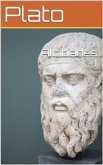The First Alcibiades is a conversation between Socrates and Alcibiades. Socrates is represented in the character which he attributes to himself in the Apology of a know-nothing who detects the conceit of knowledge in others. The two have met already in the Protagoras and in the Symposium; in the latter dialogue, as in this, the relation between them is that of a lover and his beloved. But the narrative of their loves is told differently in different places; for in the Symposium Alcibiades is depicted as the impassioned but rejected lover; here, as coldly receiving the advances of Socrates, who, for the best of purposes, lies in wait for the aspiring and ambitious youth. Alcibiades, who is described as a very young man, is about to enter on public life, having an inordinate opinion of himself, and an extravagant ambition. Socrates, 'who knows what is in man,' astonishes him by a revelation of his designs. But has he the knowledge which is necessary for carrying them out? He is going to persuade the Athenians—about what? Not about any particular art, but about politics—when to fight and when to make peace. Now, men should fight and make peace on just grounds, and therefore the question of justice and injustice must enter into peace and war; and he who advises the Athenians must know the difference between them. Does Alcibiades know? If he does, he must either have been taught by some master, or he must have discovered the nature of them himself. If he has had a master, Socrates would like to be informed who he is, that he may go and learn of him also. Alcibiades admits that he has never learned. Then has he enquired for himself? He may have, if he was ever aware of a time when he was ignorant. But he never was ignorant; for when he played with other boys at dice, he charged them with cheating, and this implied a knowledge of just and unjust. According to his own explanation, he had learned of the multitude. Why, he asks, should he not learn of them the nature of justice, as he has learned the Greek language of them? To this Socrates answers, that they can teach Greek, but they cannot teach justice; for they are agreed about the one, but they are not agreed about the other: and therefore Alcibiades, who has admitted that if he knows he must either have learned from a master or have discovered for himself the nature of justice, is convicted out of his own mouth... _____ [Halls of Wisdom] From Buddha to Confucius to Plato and down the spiral of time to Kant, Nietzsche and Russell, the Halls of Wisdom are filled to overflowing, yet barely full. Explore the cavernous teachings of the masters, get lost in the art of wonder, and fall in love with wisdom. The only thing you can lose are your chains.
Bitte wählen Sie Ihr Anliegen aus.
Rechnungen
Retourenschein anfordern
Bestellstatus
Storno

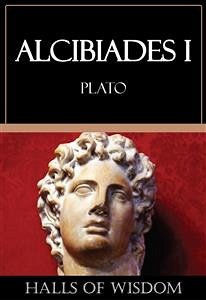

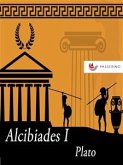
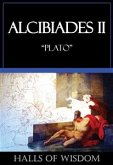

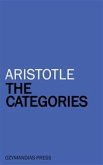
![A Critical History of Greek Philosophy [Halls of Wisdom] (eBook, ePUB) A Critical History of Greek Philosophy [Halls of Wisdom] (eBook, ePUB)](https://bilder.buecher.de/produkte/52/52238/52238654m.jpg)
